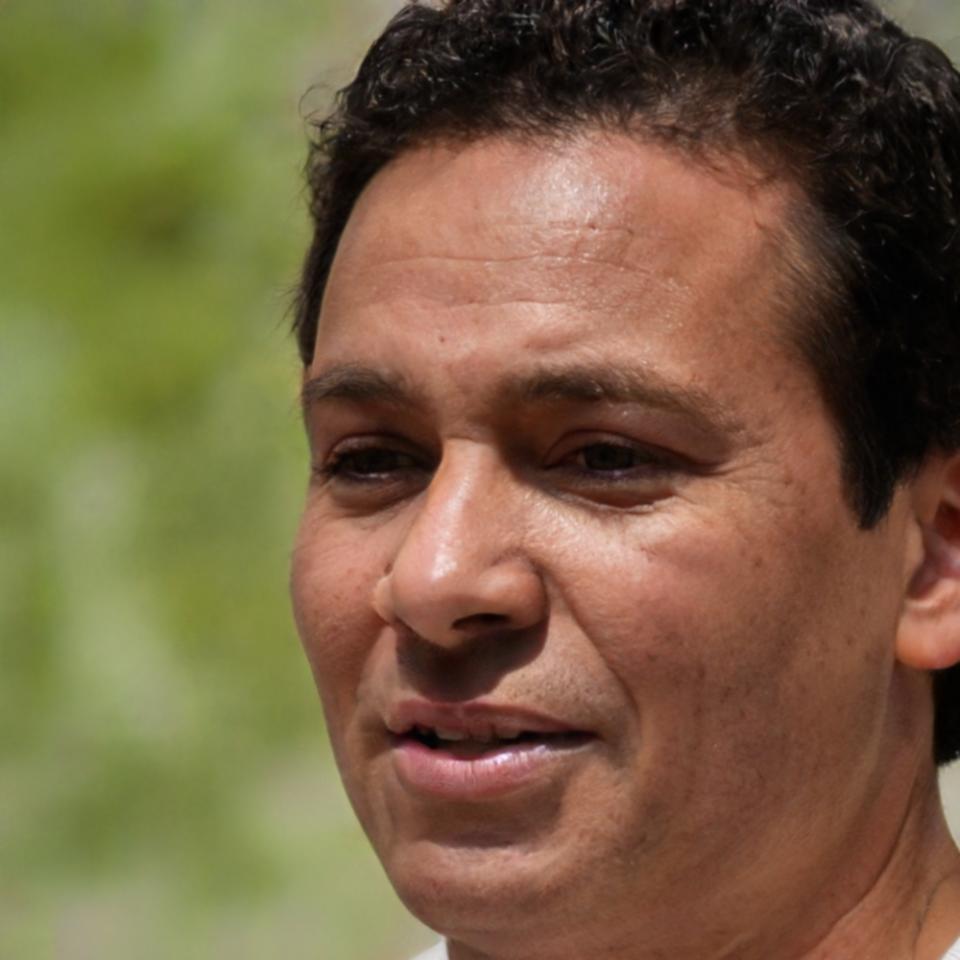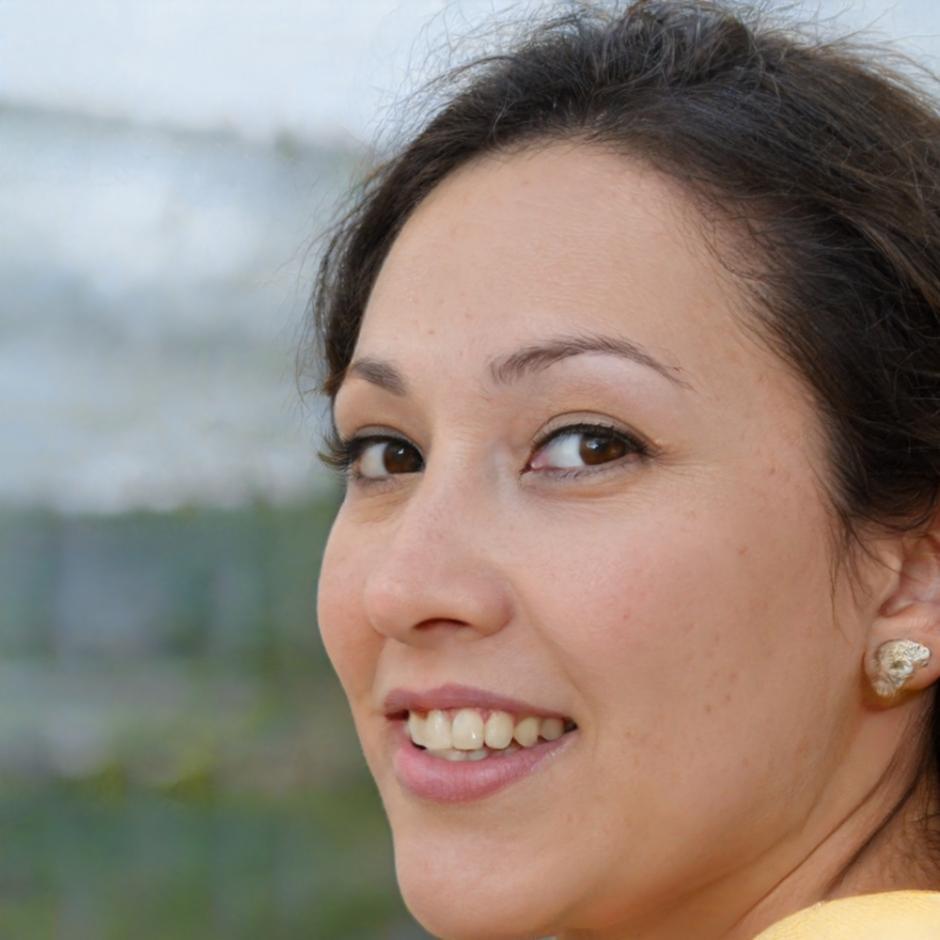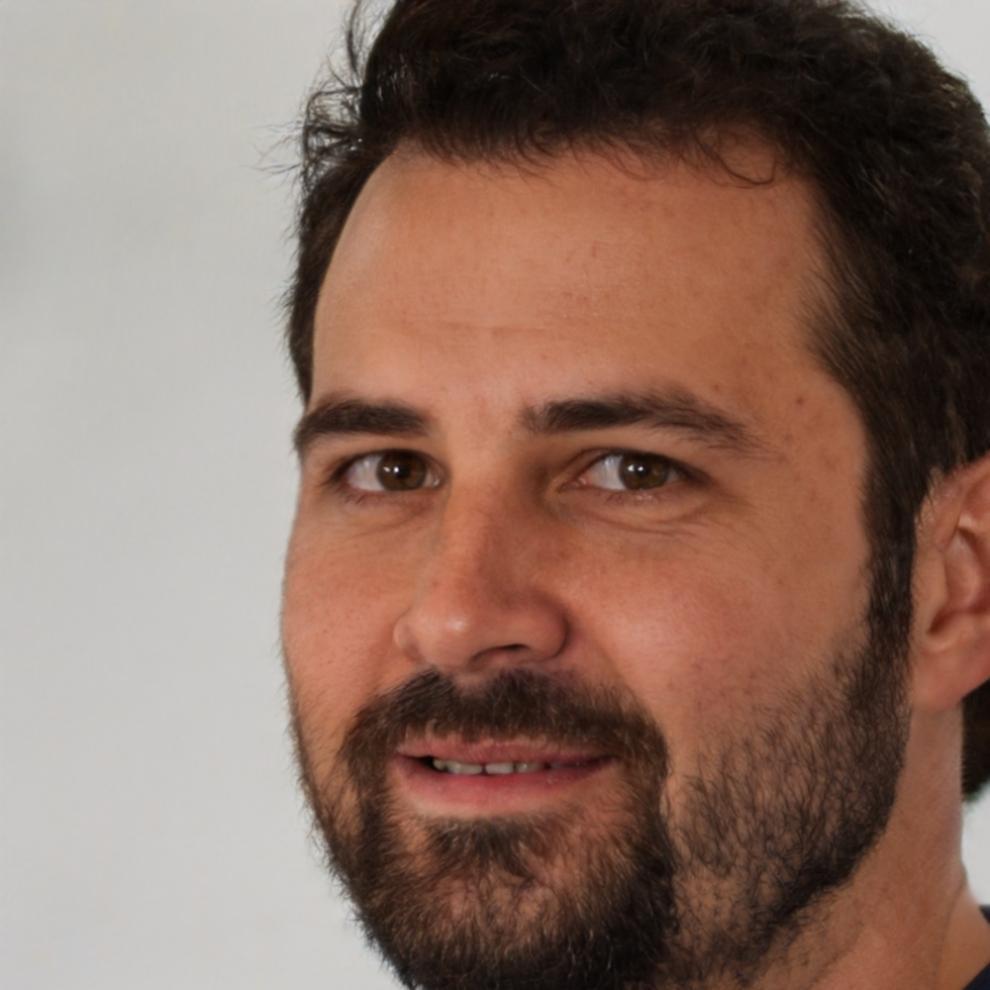Building Confidence Through Understanding
Investment decisions shouldn't feel overwhelming. Our program walks you through financial concepts at your own pace, turning uncertainty into informed choices. You'll learn practical frameworks that make market movements less intimidating and portfolio decisions more grounded.
Start Your Journey
How We Structure Your Learning Path
Our approach isn't about quick fixes or magic formulas. We've designed a progression that addresses real psychological barriers people face when dealing with money and markets.
Understanding What Actually Matters
Most investment anxiety comes from information overload. We start by clarifying which financial metrics actually impact your decisions and which ones are just noise. You'll learn to distinguish between market drama and meaningful data — something that took me years to figure out on my own.
Working with Real Scenarios
Theory without practice doesn't stick. During this phase, you'll analyze actual market situations from 2024 and early 2025, examining how different approaches would have played out. No hypotheticals — we work with what really happened and why certain strategies held up while others didn't.
Building Your Personal Framework
By autumn 2025, you'll have developed a decision-making system that fits your risk tolerance and financial goals. This isn't a one-size-fits-all template. We help you construct an approach that reflects your actual circumstances, not some idealized investor profile that doesn't exist.
Maintaining Perspective Through Change
Markets shift. Life changes. Your investment approach needs to adapt without losing its core principles. This final phase focuses on recognizing when adjustment makes sense versus when you're just reacting to short-term volatility. It's the difference between strategic evolution and panic-driven mistakes.
Who Guides This Program
Our instructors have spent years working directly with individual investors across Belgium, understanding the specific concerns that keep people from taking that first step.

Pieter Vanhout
Behavioral Finance LeadFocuses on the psychological patterns that derail investment decisions, helping participants recognize their own biases before they become costly.

Liesbeth Declercq
Portfolio StrategySpecializes in translating complex financial structures into straightforward language that actually makes sense to people outside the industry.

Arnaud Thielemans
Risk AssessmentWorks with participants to develop realistic views of market risk, moving beyond fear-based thinking toward measured evaluation.

Geert Mertens
Market AnalysisTeaches participants how to read market indicators without getting caught up in speculation or panic during volatile periods.

What Makes This Approach Different
We've noticed that most financial education either oversimplifies to the point of uselessness or drowns you in technical jargon. Our program sits in that practical middle ground.
Belgium Market Context
Investment principles are universal, but tax implications and regional market behavior aren't. We address the specific considerations relevant to investors working within the Belgian financial landscape, from dividend taxation to cross-border investment regulations.
Anxiety-Aware Design
Financial fear isn't irrational — it's often based on incomplete information. Our curriculum directly addresses common worries about market volatility, retirement adequacy, and timing decisions. We don't dismiss concerns; we give you frameworks to evaluate them.
Research-Backed Methods
Every module draws from documented studies in behavioral economics and market analysis. When we explain why certain strategies tend to work better than others, we're referencing actual research, not investment folklore that sounds good but falls apart under scrutiny.
Flexible Pacing Options
Some participants want intensive immersion. Others need to spread learning across several months while managing work and family commitments. Our program structure accommodates both approaches with cohorts starting September 2025 and January 2026.